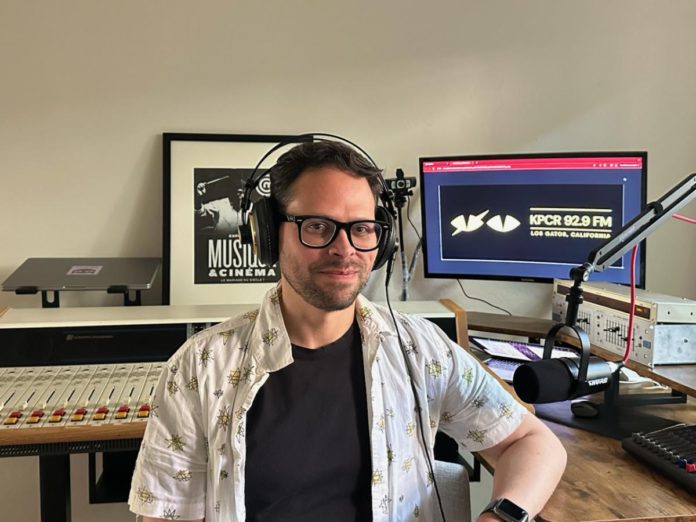Jimmy Kimmel is back on ABC. The decision to reinstate him ends a week-long suspension. But it also exposes a more troubling reality.
The show was pulled after a federal regulator accused Kimmel of lying and hinted at “remedies.” Disney justified the suspension as a business choice intended to calm tempers, not censorship. But the outcome was the same. A national broadcaster silenced one of its most visible hosts because of political pressure. The First Amendment forbids government censorship, yet the shadow of official retaliation was enough to trigger corporate self-censorship.
Large networks can afford lawyers and long negotiations. Small stations cannot. Community radio in Los Gatos runs on volunteers and listener support. If a regulator or political figure took issue with a local segment, the margin for survival would be slim. That is why this episode matters beyond Hollywood.
What KPCR did
Pirate Cat Radio marked Kimmel’s suspension by airing a short editorial affirming the station’s commitment to free expression. Broadcasters referenced the Kimmel case directly, reminding listeners that criticism of those in power should not be grounds for silencing. These were modest acts, but they signaled solidarity with speech under threat.
Kimmel’s return is not proof that free speech is secure. It is evidence that it can be interrupted at will and only restored after a fight. Los Gatos, like the rest of America, has a stake in refusing to accept that pattern. The First Amendment is strongest when exercised in small studios as well as big ones.










